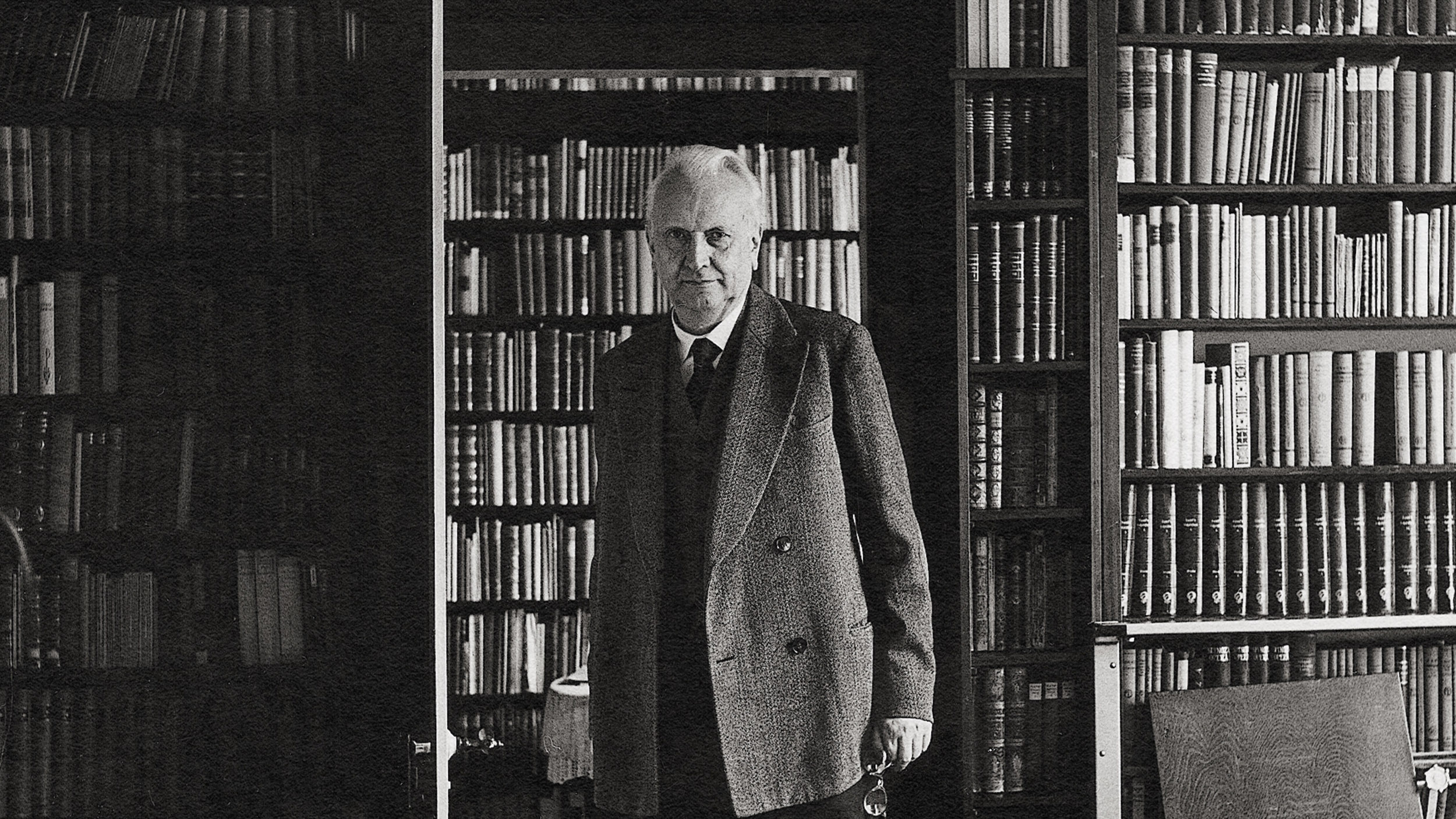Why Opinion on Same-Sex Marriage “Evolves” and Abortion Opinion Doesn’t

A friend recently asked me: why has public opinion on same-sex marriage “evolved,” in Obama’s coinage, while public opinion on abortion grinds itself deeper into a rut?
It’s an interesting question. Americans across demographic groups have grown steadily more tolerant of same-sex marriage (or marriage equality, as advocates prefer). In contrast, opinion on abortion tends to be “fairly constant” historically. Insofar as opinion has changed at all, it seems to have lurched in the opposite direction. Pew research finds that, if anything, support for abortion has slipped, although not dramatically, across demographic groups. They note that stances have hardened and gotten more uncompromising. This is also in contrast to more tolerant, labile views of marriage equality.
Abortion foes might answer that the middle ground where opinions change doesn’t exist on abortion, because the stakes are matters of life and death. They would probably say that it’s hard to claim a shade-of-gray position on the black and white issue of the murder of fetuses.
That isn’t my stance, but it might be theirs.
There are other hypotheses as to why public opinion has evolved on one front of the culture war and fallen into a rut on the other.
For one thing, same-sex marriage overlays with a major goal of social conservative ideology—the promotion of “traditional marriage.”
While same-sex marriage is the abomination of traditional marriage to social conservatives, it’s in every other respect a paragon of it–a partnership between two Traditional Marriage Superheroes, at least as presented in the media.
Notice how same-sex marriages are always lifelong, committed, monogamous, and obsessively dedicated to “raising children” in euphoric “loving partnerships?” The same-sex marriage example is never conjured as run of the mill mediocrity, where the partners are flawed and occasionally annoy the hell out of each other yet do the best they can, like everybody else.
Obama gave us the full monty of political pander, for example, when in his endorsing remarks he envisioned contented same-sex marriages… between brave soldiers and servicemen and women… who were also monogamous… and also raising kids… and also committed for life… and, did I mention, also wildly in love?
The phrase “piled higher and deeper” comes to mind.
Iconoclast director John Waters once said, in contrast, “I thought the whole point of being gay was that you didn’t have to join the army, get married, or have children.”
At least there’s some ideological affinity, however uncomfortable, between a social conservative and a same-sex marriage advocate that provides traction, and cover, for opinions to change. They’re like enemies who are forced to sit together on a tour bus called “We Love Marriage.”
But there isn’t an equivalent ideological overlay for abortion.
Then there’s the “mailbox” or water cooler moment that tends subtly to build empathy and change opinions. The majority of us won’t have same-sex unions, but most of us have friends, colleagues or acquaintances who are in same-sex relationships, and who display their relationships socially. People who aren’t inclined to support same-sex marriage have casual but formative “at the mailbox” or water cooler moments of identification with same-sex couples.
In contrast, a greater number of Americans have had abortions than have had committed same-sex relationships. But abortion’s not talked about or displayed socially. You’ll not infrequently hear a conservative say (or, perhaps think), “I kind of support gay marriage now because my next door neighbors Joe and John are gay and they’re good people.” But you won’t hear that same conservative say, “I kind of support abortion now because my neighbor Jane mentioned the other day that she’d just had one.”
There’s something to be said for straight-up political tactics in all of this. More tolerance for same-sex marriage might be an artifact of a political decision that gay rights advocates embraced: They’ve demonstrated the pride of their convictions. Abortion and birth control aren’t discussed over the mailbox but same-sex relationships have been nudged into polite society.
Marriage equality advocates have been adamant about their stance. They sought marriage, pure and simple, not domestic partnerships, civil unions, or compromise forms of “marriage lite.”
Pro-choice forces have been maneuvered into defensiveness by the force of the opposition and the relentless “chipping-away” tactics deployed against them at the state level.
I’m pro-choice, but I do think the stance too often has felt apologetic and timid. Women get pregnant through having sex and, most of the time, through having consensual sex that they chose to have and have every right to pursue as a normal part of adult life. But that subject isn’t front and center in the debate over abortion or birth control.
Remember “gay pride?” It brought homosexuality out of the closet, and put it on public display in rainbow-festooned parades and acts of what was then audacious visibility.
While same-sex marriage and homosexuality have burst proudly out of the political closet, abortion, birth control, and women’s libidos have receded quietly back into it.





